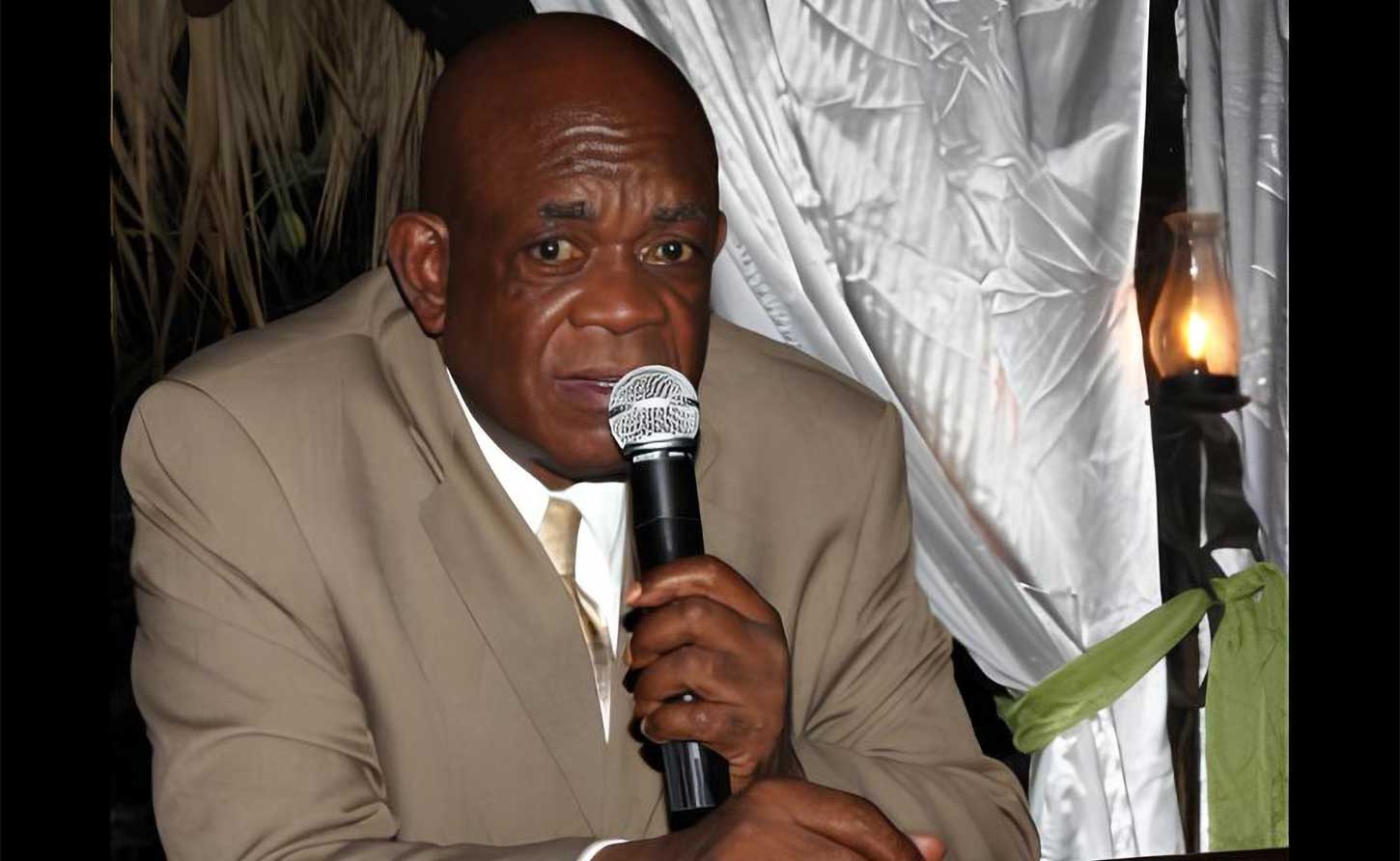JAMAICA | Justice for All: The Case for Jamaica's Caribbean Court Transition

MONTEGO BAY, May 19, 2025 - In a scathing critique of the Jamaican government's constitutional priorities, prominent attorney Clayton Morgan has called into question the administration's stubborn pursuit of monarchy abolition while ignoring a more accessible path to judicial independence.
"For the longest while, I have been trying to discover the justice that the Government considers will flow to Jamaicans in abandoning the monarchy while they remain tied to the monarch's Court," writes Morgan, highlighting what he sees as a puzzling contradiction in Jamaica's constitutional reform agenda.
While the government remains fixated on establishing a republic, Morgan points to the "immeasurable long overdue benefit" that would come from transitioning from the UK-based Judicial Committee of the Privy Council to the regional Caribbean Court of Justice (CCJ). The regional court, which commemorated its 20th anniversary on April 16th, represents a more practical and immediate step toward true independence.
The attorney doesn't mince words about the current state of justice in Jamaica. Under the existing system, access to the nation's final court of appeal has been a privilege reserved for "the wealthy alone," with "convicted murderers under penalty of death being the only exceptions" to this economic barrier. This two-tiered justice system has persisted "over multiple generations," creating a fundamental inequity in Jamaican society.
Morgan's frustration is palpable as he questions how the government could fail to see the urgent need to address a system where "client and attorney are abhorrently obliged to obtain travel visas in seeking audience before our final Court." The indignity of Jamaican citizens needing permission to enter another country to access their own highest court stands in stark contrast to the CCJ's accessibility.
The fiscal irresponsibility of the government's approach also draws Morgan's ire. He notes that while "payment has already been fully met" for all Jamaicans to access the "affordable, globally-commended, and most importantly, itinerant Caribbean Court of Justice," the administration has instead created an entirely new ministry, pouring "billions of taxpayers' dollars" into what he characterizes as an "obstinate pursuit" with "no discernible evidence or prospect of success."
Perhaps most troubling is what Morgan views as a democratic deficit in the government's approach. He accuses officials of "discarding their crucial duty of accountability" by failing to articulate any advantages that would come from their preferred constitutional path. Without "plausible and cogent reasoning being provided for the people to contemplate," Morgan questions whether the government expects citizens to blindly support what he calls their "unusual project."
"Or, is it that they consider that this process of such historic significance should be allowed to move along decidedly by diktat?" Morgan concludes, leaving readers to ponder whether Jamaica's constitutional future is being decided through democratic deliberation or executive fiat.
The contrast couldn't be clearer: while the path to republican status remains "time-consuming" and "costly," the transition to the CCJ requires only "a special vote in each House." As Jamaica celebrates two decades of the CCJ's existence, Morgan's challenge to the government stands as a powerful reminder that true independence requires not just symbolic changes, but meaningful reforms that bring justice within reach of all citizens.
-30-
